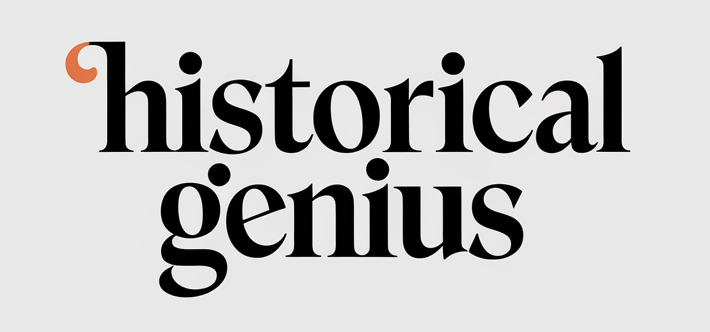Humans have always had one big talent—figuring stuff out. Whether it was turning sticks into fire starters or building rockets that leave the planet, we’ve been on a nonstop innovation spree. Sure, not every invention was a hit (looking at you, powdered wigs), but some milestones actually moved the needle on what humanity could do. This article highlights the game-changers—the inventions and discoveries that didn’t just make life easier, but completely redefined what progress looks like. Let’s rewind and nerd out a little.
Fire Was the First Big Flex
Before apps, engines, or even socks, fire was the original life-changer. It gave early humans warmth, cooked food, and scared off things with teeth. Fire made it possible to live in colder places, stay up past sundown, and bond over what we assume were some very dramatic campfire stories. It also laid the groundwork for future tech, like metallurgy and, eventually, marshmallows. No fire, no civilization—simple as that.
The Wheel Rolled In and Everything Got Easier
It sounds basic now, but the wheel was a serious breakthrough. Before it showed up, moving anything heavy involved a lot of dragging, sweating, and swearing. With wheels, transportation, pottery, and even gears became possible. Early carts revolutionized farming and trade, and over time, the wheel became the core of countless inventions—from chariots to engines to skateboards. It was round, it was simple, and it completely changed the game.
Writing Turned Thoughts Into Time Travelers
Once humans figured out how to record language with symbols, they went from oral storytelling to creating archives, laws, and receipts (because taxes never take a break). Writing let people pass knowledge across generations without relying on memory alone. Sumerians got it going with cuneiform, followed by hieroglyphs, scripts, and eventually a whole alphabet soup. Thanks to writing, we know what people thought thousands of years ago—and how often they complained.
Agriculture Made Everything Less Chaotic and More Crumbly
When humans got tired of chasing animals and foraging berries, they settled down and started farming. Agriculture made food more predictable, which meant people could stay in one place, build homes, and accidentally invent rush hour. It also gave rise to cities, economies, and governments—basically everything complex about society today. Sure, it came with some downsides (like class systems), but without it, we’d still be wandering around with sticks.
The Printing Press Made Ideas Go Viral
In the 1400s, Johannes Gutenberg came along and turned books from a luxury item into something you might leave on a bus. The printing press made it possible to mass-produce texts, which meant knowledge could spread way faster—and not just to monks. It helped kickstart the Renaissance, the Reformation, and a lot of angry pamphlets. Basically, it was the Wi-Fi of the medieval world: once it arrived, there was no going back.
The Compass Got Us Unlost
You can thank the compass for exploration, global trade, and your cousin who insists on hiking without a map. Invented in China and refined over time, the compass allowed sailors to navigate the seas without relying on stars or guesswork. It opened up trade routes, helped people map the world, and accidentally led to a whole lot of colonization. Still, without it, most of us would’ve stayed local forever.
Electricity Powered More Than Just Lightbulbs
Sure, Thomas Edison and Nikola Tesla get a lot of airtime, but the real story of electricity is one of endless discovery. Once people figured out how to generate, store, and distribute electric power, life changed forever. Lights, appliances, communication, and eventually Wi-Fi all came from mastering that invisible force. Modern civilization quite literally runs on it—and yes, we still argue over who deserves the credit.
Vaccines Gave Humanity a Fighting Chance
Before vaccines, diseases wiped out cities like it was their full-time job. But thanks to some smart science and a lot of trial and error, vaccines started saving lives left and right. Smallpox, polio, measles—you name it, vaccines helped shut it down. They’re one of the most important health innovations ever, quietly working in the background to keep people from dying horribly. Not bad for a little syringe.
The Steam Engine Fueled an Entire Era
The steam engine didn’t just make trains go choo-choo—it basically powered the entire Industrial Revolution. Factories, transport, and mass production all kicked into high gear once steam got involved. It helped shift people from farm life to urban life and created the modern economy (and a lot of smog). It wasn’t glamorous, but it was a powerhouse—literally—and it pushed the world into the modern age.
The Internet Connected Everyone and Everything
Let’s be honest, we wouldn’t be having this conversation without the internet. Born out of government research and a bit of digital magic, the internet connected the world in ways no one fully predicted. It gave us instant communication, endless information, and way too many cat videos. It changed how we work, learn, shop, date, and argue. It’s the most recent milestone—but definitely not the last.

